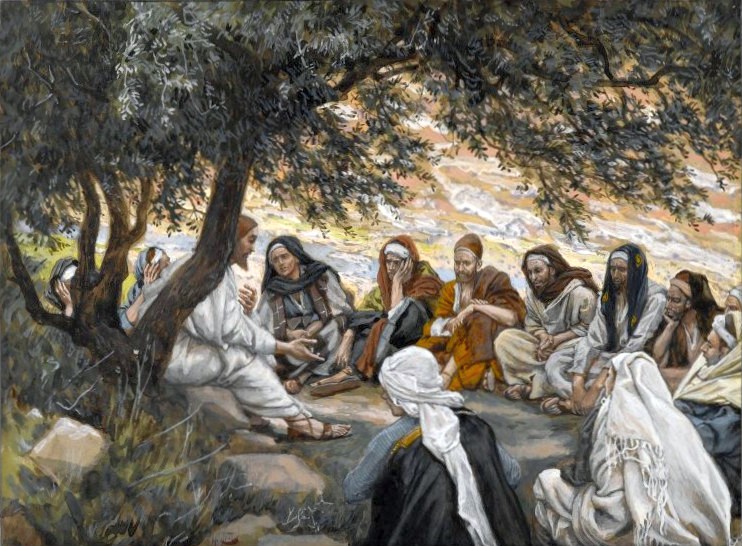
The Common Priesthood of All the Faithful
by Fr. Tony Okolo C.S.Sp., V.F. | 01/26/2025 | Weekly ReflectionBeloved Parishioners,
Today I want to share with you a reflection on the priesthood of all the faithful. It means that every baptized Catholic participates in the kingship, the priesthood, and the prophethood of Christ since they are baptized in Christ and since Christ is the source of all priesthood (CCC 1141, 1268, 1546; cf. 1174, 1322).
This is commonly referred to as “the common priesthood of all the faithful” (CCC 1535). This highlight is not intended to conflict with the fact that certain members of the faithful are ordained to a greater participation in Christ’s priesthood by the sacrament of holy orders — the ministerial priesthood (CCC 1547). Rather, it became necessary that we highlight this aspect of our doctrine because it is an element that pays homage to the synodal dimension of the Church.
The “Common Priesthood of the Faithful” in Catholic theology emphasizes the role of all baptized Christians in participating in the mission of the Church, particularly in the worship and service of God. It was more explicitly highlighted and developed during the Second Vatican Council (1962–1965), particularly in the documents Lumen Gentium and Gaudium et Spes. More so, since we believe that our rule of faith (lex credendi) informs our rule of prayers or worship (lex orandi), this doctrine is demonstrated lucidly in our liturgy during the Mass when the presiding priest invites all the faithful to exercise their priesthood by saying: “Pray brethren that my sacrifice and yours may be acceptable to God, the Father Almighty.” The faithful responds to this invitation by praying for the priest saying “may the Lord accept this sacrifice at your hands for the praise and glory of his name and for our good and good of all his holy Church,” to which the priest responds “Amen.” This liturgical exchange at the beginning of the Eucharistic rite depicts that both the faithful and the minister are in active service at the altar of God and in the Eucharist.
Further, by developing this theology during the Vatican II Council, the Church desires to buttress a few important responsibilities that ought to accompany the theology of the Priesthood of the Faithful. First, the Church discloses that the Priesthood of the Faithful invariably points to the Christian’s universal call to holiness. This implies that every baptized person, not just the ordained clergy, is called to holiness and to actively participate in the life and mission of the Church. Second, the Church intends to bring to our consciousness that all Christians, by virtue of baptism, share in the priestly, prophetic, and kingly office of Christ. Hence while the ordained clergy serve in specific ministerial roles (such as the administration of sacraments), all the faithful are also called to live out their priesthood by offering their lives as a living sacrifice to God, participating in the liturgy, and performing acts of charity in God’s name. Third, this theology stresses the importance of active participation by the faithful in the liturgy, particularly the Eucharist, recognizing that their role in the worship of God is a key expression of their priestly identity. Fourth, the Church underscores that the laity, as members of the priesthood of the faithful, are tasked with bringing the Gospel to the world, transforming secular society, and working for justice and peace. Thus the laity ought to sanctify their everyday lives and professions through their commitment to Christ.
Be that as it may, the Synodal way and the Priesthood of the Faithful are two important appendages in the life of the Church that are deeply interconnected, especially in the context of the teachings of the Second Vatican Council. This is because both teachings emphasize the active participation and shared responsibility of all members of the Church—clergy and laity alike—in the Church's life and mission. In a synodal Church, the Priesthood of the Faithful is expressed in the way the entire Church is called to discern the signs of the times and the will of God. Everyone in the Church—whether ordained or lay—has a role in the discernment process and listening to the Holy Spirit, each other, and the signs of the times; everyone is involved in the collaborative and inclusive model of leadership characteristic of the Synodal Way; and Synodality involves the whole Church which means that it ought to be practiced both at the local level (parishes, dioceses) and at the universal level (worldwide Church), with the principle of mutual responsibility.
BACK TO LIST